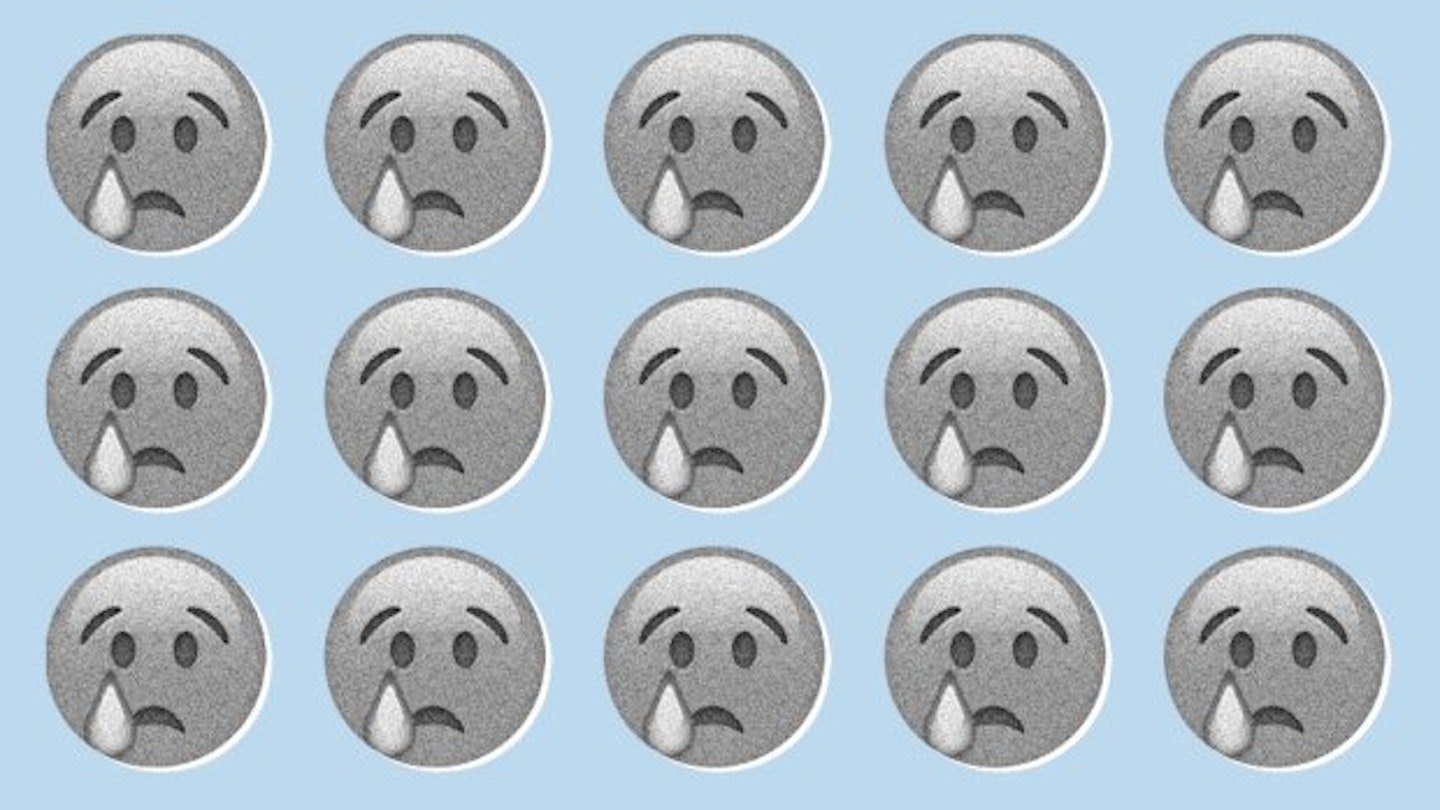It has been suggested recently, by more than one grown up, that young people may be lacking in empathy. Naturally, social media is getting the blame, as is our obsession with filming, photographing and then sharing everything we see, from that jam jar cocktail in a faux-Speakeasy last Friday night to (as one commenter pointed out) the sight of paramedics trying to save the life of Hollie Gazzard, a 22 year-old hairdresser who was stabbed to death by her ex-boyfriend while at work last week. That's right, as the young woman lay dying, a not-insignificant number of people saw fit to video the spectacle on their phones.
Writer and broadcaster Christina Patterson, writing for the Guardian, claimed that the fact that the police had to ‘urge’ the public not to post footage of Hollie’s death on YouTube shows that our lack of empathy may have reached endemic levels. ‘You might think people would have guessed that those whose hearts have been broken might not want their daughter’s last moments to become an online hit. But actually, it looks as though they didn’t.’
Patterson goes so far as to say that if young people are indeed spending 80% of their time on social media talking about themselves (which, according to new book The App Generation by Harvard psychologist Howard Gardner and digital media expert Katie Davis, they are) then ‘if it’s 80% you’ve got to call it narcissism. If it’s 80% it’s narcissism on a sociopathic scale.’
Sociopath is a strong word. But is she right that young people are less emphatic than they once were? Polls last summer showed that the proportion of young people supporting the Tory party had doubled from 10% in 2005 to 20.5% in 2013. Pollsters believed that the attraction was in the Conservative’s welfare policies - young people liked the party's emphasis on individual responsibility and ending the ‘something for nothing’ benefits culture. Basically, young people are starting to (uncharacteristically) gravitate towards the party they think will benefit them as individuals, rather than the worst off in society.
So, is Generation Y really harder faced, and more self centered than previous generations? Is social justice lower on our radars than ever before? And why, for that matter, was the last time we saw a significant numbers of young people getting together to protest over something they felt strongly about? The student riots 2010? And given that was an issue that directly affected us, it’s hardly a great indicator of our soaring levels of empathy. A better example might be the protests over the Iraq war, which galvanized hundreds of thousands of young people in London alone. Except that they took place in 2003, 11 years ago, pre Facebook and pre camera phones. Oh.
Time magazine ran a cover story last year on the Me Me Me Generation, in which the writer pointed out that incidences of narcissistic personality disorder are nearly three times as high in 20-somethings than the generation that’s now over 65. In 2009 58% more college students scored higher on a narcissism scale than in 1982.
Which is no huge surprise when you consider that ‘whereas in the 1950s families displayed a wedding photo, a school photo and maybe a military photo in their homes, the average middle-class American family today walks amid 85 pictures of themselves and their pets. Millennials have come of age in the era of the quantified self, recording their daily steps on FitBit, their whereabouts every hour of every day on PlaceMe and their genetic data on 23 and Me. They have less civic engagement and lower political participation than any previous group.’
But what defines empathy? A quick spin on my Facebook shows that a decent chunk of my friends are posting, sharing and talking about what’s happening right this second in Caracas, Kiev and Damascus. It’s not happening to them, but they still care. And they care because they know about it – thanks to social media.
As a massive selfie detractor, I’ll be the first to admit that we may all be in danger of becoming a bit too self-obsessed, but to say we don’t care about what’s happening around us is to misunderstand how we receive and process important information these days. The fact is, a huge part of what’s going on in the world is happening on our phones. We might not be reading as many novels as we once did (studies show that the more time people spend online, the less time they spend read books, and stories about people’s lives less), yet almost three million people have watched this video, which explains the situation in Venezuela. A further seven million people viewed this video by a Ukranian woman about the riots in Kiev. Does that sound like the behaviour of a generation of sociopaths to you?
Follow Rebecca on Twitter @rebecca_hol
This article originally appeared on The Debrief.
